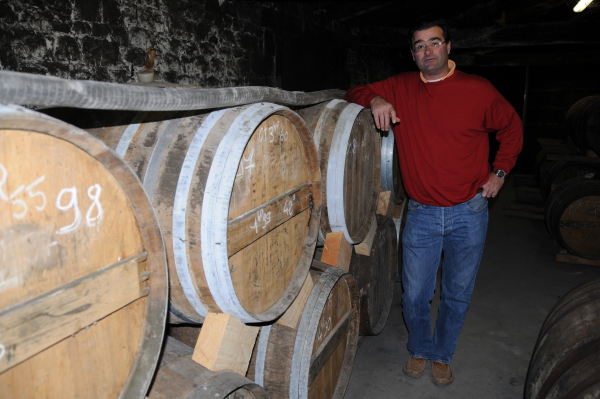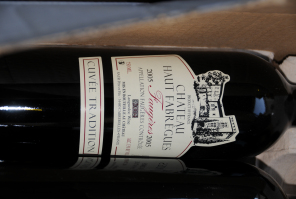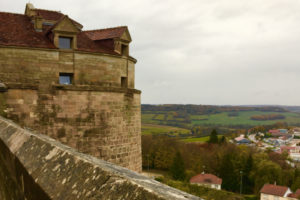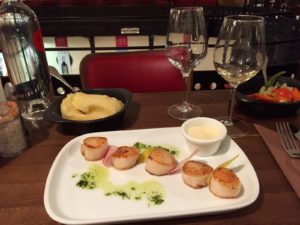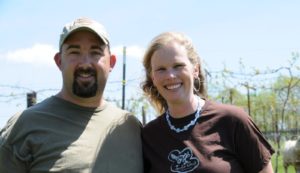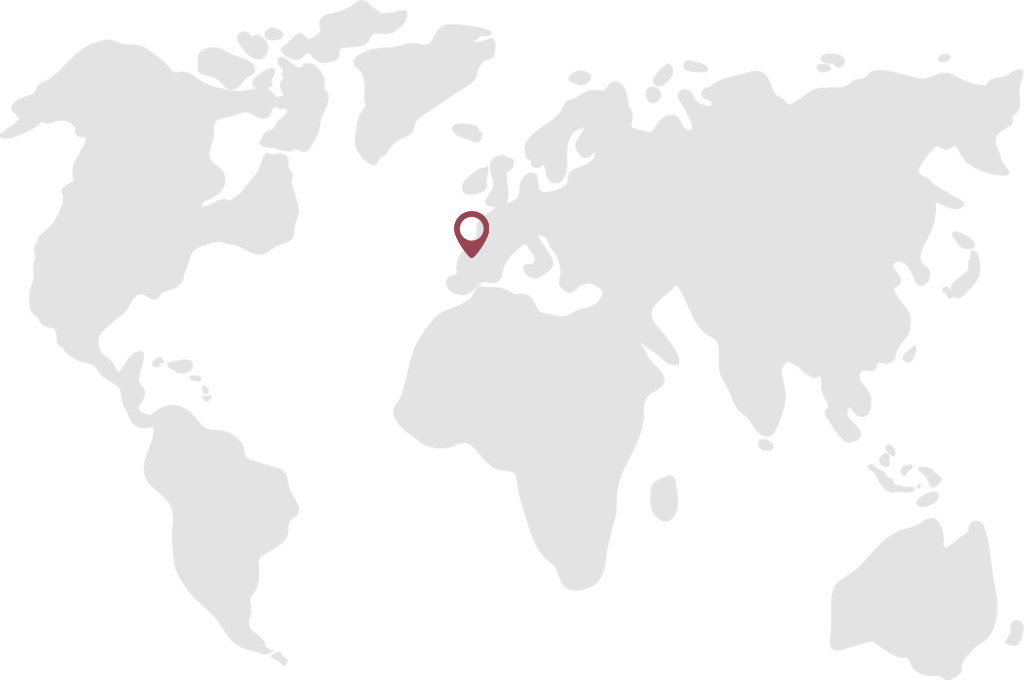Charles Capbern-Gasqueton meets me by the River Charente in the town of Cognac in southwest France. He is tall and broad-shouldered. He has wavy dark hair, wears a loose red sweater and smiles generously. He tells me that we are going to visit his family winery that produces cognac, then his wine shop, and then drive to his home for dinner.
“You will stay the night. It’s going to be relaxing.”
Charles spent seven years as director of a well known cooperage in France, and now consults throughout the world on wine. He also runs a small wine shop in the town of Jarnac.
“The link with wine was with family, but the pleasure and knowledge and passion was from friends. I won’t say my interest is from family heritage; it’s a gift of friends.”
“I started working in Bordeaux, then left for Italy. Chianti. Came back to France, then went to California. Spent four or five months in Sonoma. I then left to Kent in England and ran vineyards there.”
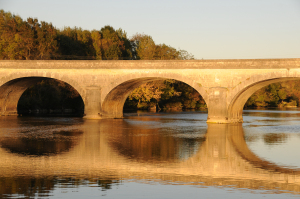
We park in the cobbled town of Jarnac to purchase food for dinner. The town has about five thousand residents. We walk on a quiet street and hear only children playing on this October afternoon with a temperature of about fifty degrees Fahrenheit.
“Jarnac is quite small, very quiet. Those huge shops, you can find everything there. It’s killing small businesses. It’s the same with wine. In those supermarkets you’re going to buy crap wine for one euro and a half.”
In the boulangerie Charles buys two dark, steeply tapered baguettes, and in the boucherie, amid the sound of knives on cutting boards and banter of customers, Charles purchases entrecôte steaks for dinner.
We next visit his new wine store La Cave du Marché. There is one main room filled with pigeon holes which hold wine bottles.
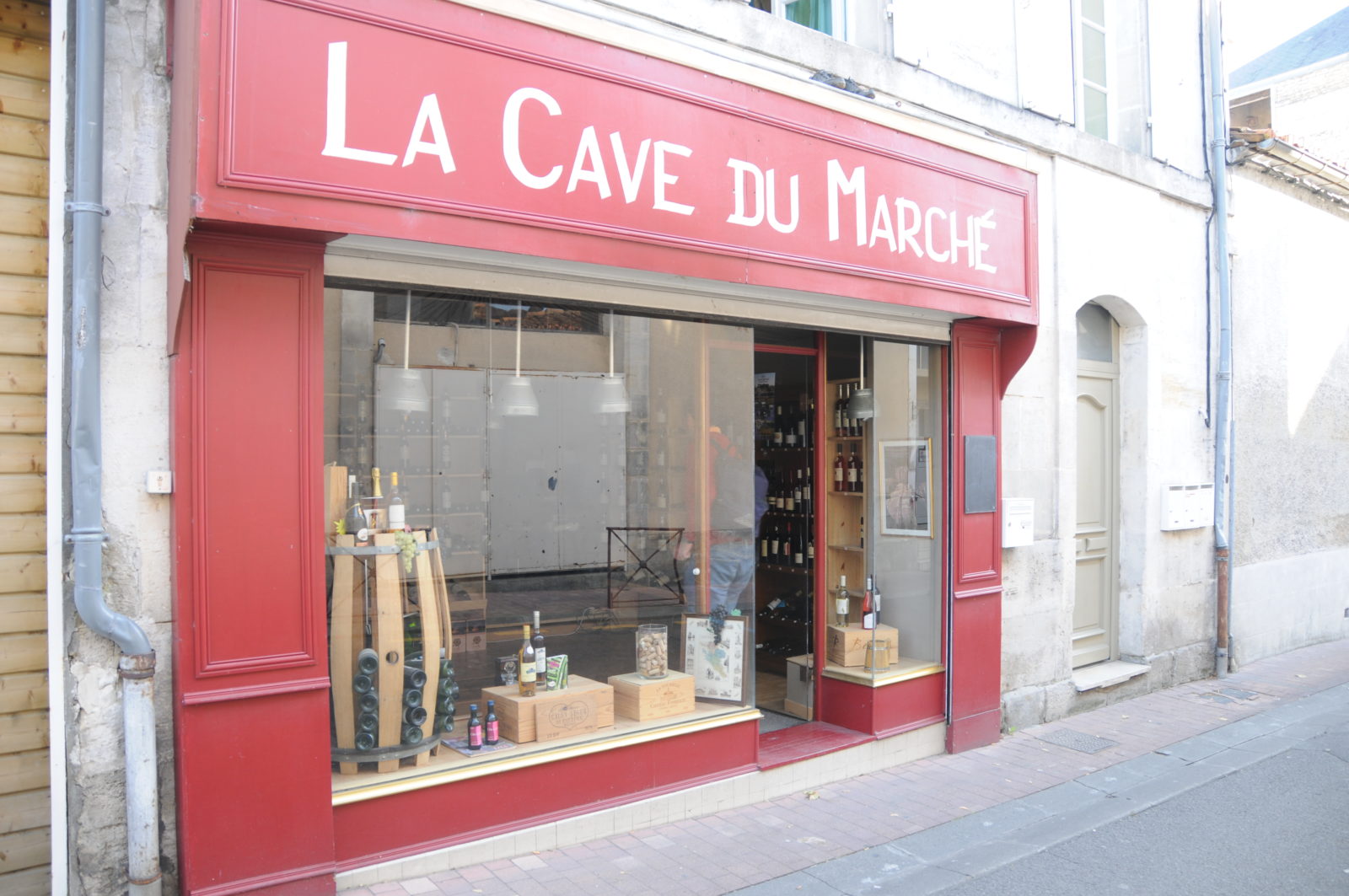
“My little wine shop. It’s very small. I don’t want any very well known wines. I don’t want famous labels. I just want wines made in the tradition and I want people who own the place to be winemakers. Nice acidity, good balance. Those wines have to be ready to drink tonight. Most are small wine estates, eight to twenty hectares.
“You have to tell the people – you’re buying this for hundred bucks, and I have this for ten bucks. I think this is better than yours. Then you can show them the truth. You can taste the wine, and explain that they’re wrong. You have to be the wine lover’s voice as well.
“Wine is nothing of luxury, business, or money. Wine has to be something to drink every day. Has to be balanced for the health of people. Balanced with the culture, habits, needs of people. You need people to say, this wine, I’m sorry but even if it’s a famous chateau, it’s just crap. Wine is to be a real pleasure. Needs to be fun, exciting, simple.
“I have to grab a few bottles for our dinner tonight– Corbières, Minervois, Berlou, Cessenon, and the last one, Faugères.”
“Rimbert. This is a happy wine. This is rose, raspberries. The smell, you can taste all the wines in the world, you will never find that. That’s the beauty. In the mouth – just flavor. For me that’s the best of the best in the south of France. It’s only pleasure.”
After dinner we move to a room with a roaring fireplace.
“A little more cognac? I’m going to have some. Where is your glass? We’re going to have another cognac, another cigar!”
